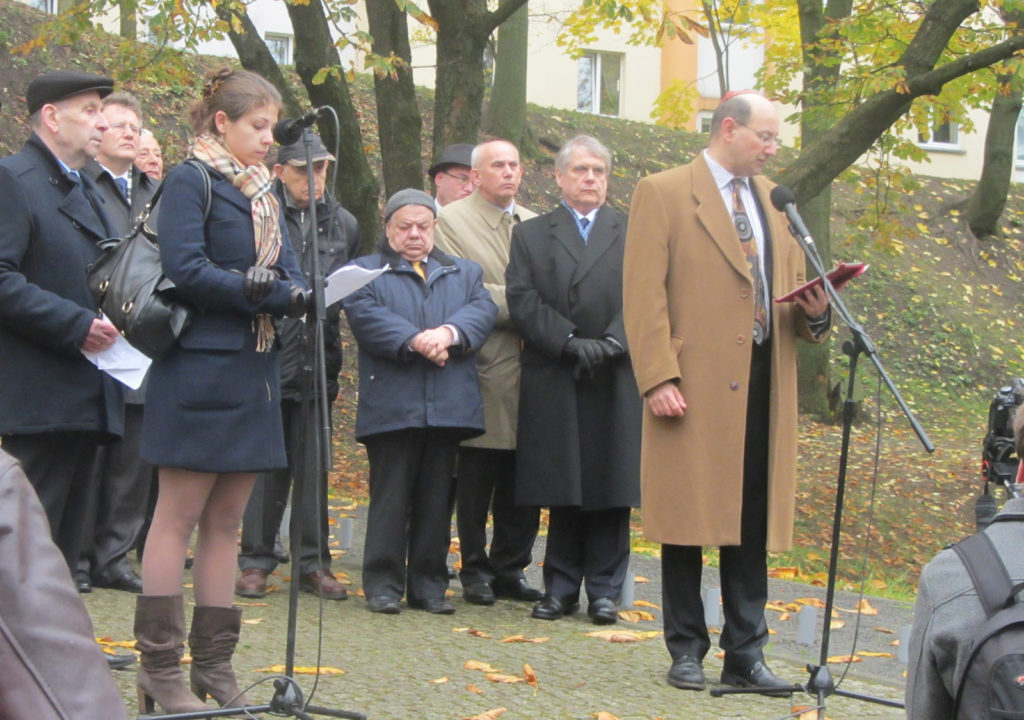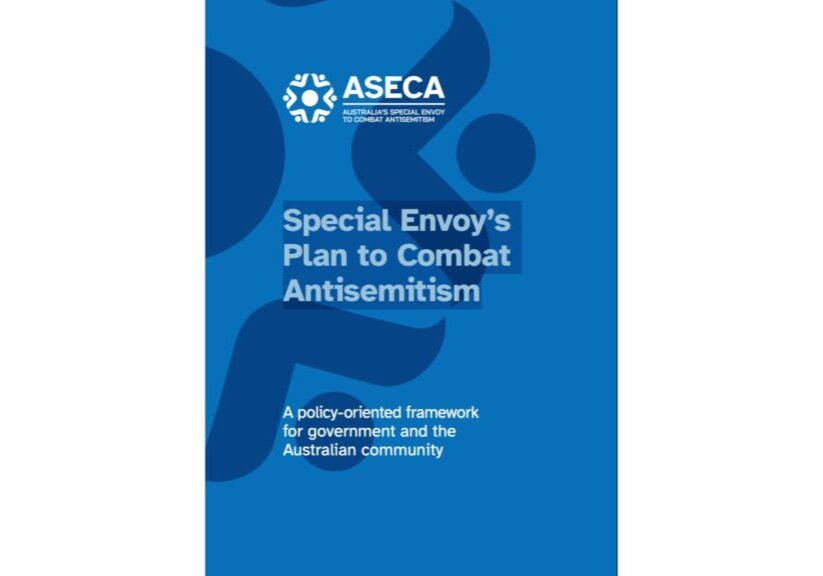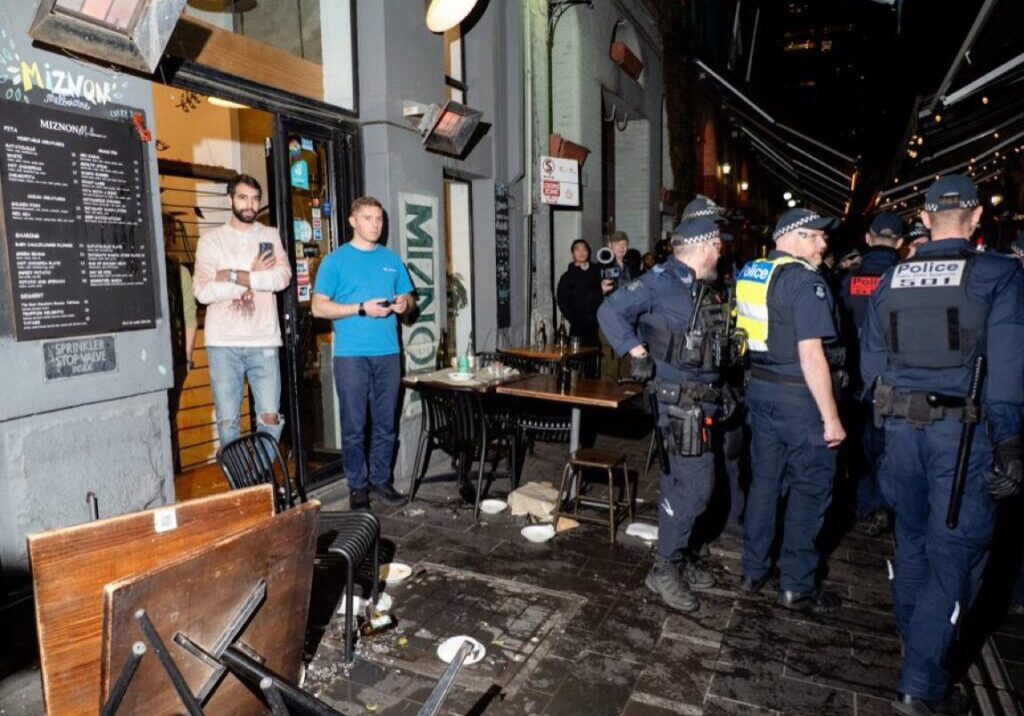Australia/Israel Review
The Last Word: Reflections from The Pit
Oct 30, 2012 | Jeremy Jones

Jeremy Jones
On October 21, on a cold and drizzly day, I was in central Belarus, speaking at the commemoration of the seventieth anniversary of the liquidation of the Minsk Ghetto.
The venue, known as Yamma (“The Pit”), features a dramatic landscape of installations which bear eternal witness to the brutality and evil of the Nazi regime.
Speakers addressed a large audience, braving biting winds to honour the dead. They included men and women who had shown tremendous courage to stand up to both Nazism and the attempts by the Soviets to destroy any remnants of Jewish community life.
The Chair of the event, Leonid Levin, has led the revival of Jewish life in Belarus after the fall of the Soviet Union and was the architect, literally and figuratively, of Yamma and of a number of other striking memorials to the victims of Nazism. These include the emotionally overwhelming Memorial to Obliterated Villages, at Khatyn.
Levin, an extraordinary individual, has spent decades fighting for the right to correctly identify Jewish victims of the Nazis as such, rather than have them simply labelled “civilians”.
That battle is ongoing, just as is the struggle to re-establish a Jewish community against the backdrop of economic hardship, the attraction for so many Jewish people to Israel and other larger Jewish communities, a sensitive political situation and decades of lack of opportunity to learn Jewish history, heritage and religion.
Within hours of arriving in Belarus, I had spoken at a celebration commemorating 20 years since the re-establishment of the Jewish community in Brest, just across the border with Poland.
With songs, videos, speeches and short dramatic works, the event documented past Jewish life, mourned the victims of Nazism and the oppressions of Soviet domination, but above all rejoiced in the way the community has been reborn.
My trip to Belarus came immediately after my participation in an international seminar, in a session on “Troubled Encounters – Majority-Minority Relationships”, which took place in Warsaw, Poland.
With academics, legal experts, activists, historians, sociologists, political scientists and psychologists present, it was an intensive examination of available data on attitudes to such topics as misogyny, Jews, Roma, Muslims and other minorities in Europe, the Middle East, Oceania and Asia, as well as homophobia in Latin America.
Qualitative studies comparing the attitudes of citizens of a number of European countries to a number of minorities were as disturbing as they were informative.
Reviews of the use of law against those who abuse the lack of standards on online platforms to defame, harass and intimidate were powerful indictments of the failure of those with authority over some pervasive forms of media to give even a modicum of protection or recourse to individual or collective victims of abuse.
The openly racist language and behaviour of a number of self-declared “nationalist” groups in a Europe facing economic and political schisms was outlined in graphic detail, with Greece and Hungary two focal points. We were made well aware of the efforts which will be required to both stem and turn the tide away from greater political power for xenophobes and thugs.
Australia featured prominently in a case study of how Facebook handles racism, which highlighted the way overt racists used Facebook as a platform to ridicule and bully Indigenous Australians, in a manner which offended the moral (and likely the legal) standards which are central to the successful functioning of a multicultural society.
Indeed, the Australian version of multiculturalism was seen as close to world’s best practise, although no one underestimated that unique historical circumstances shape all contemporary societies.
Sitting in Warsaw, no one present needed to be reminded of the dangers of allowing ideologies which dehumanise any person or people identified as “the other” to go unchallenged. Much of the conversation amongst participants centred on strategies to strengthen the moral cores of our societies, to protect intended victims and build coalitions against hate.
Tags: Antisemitism






